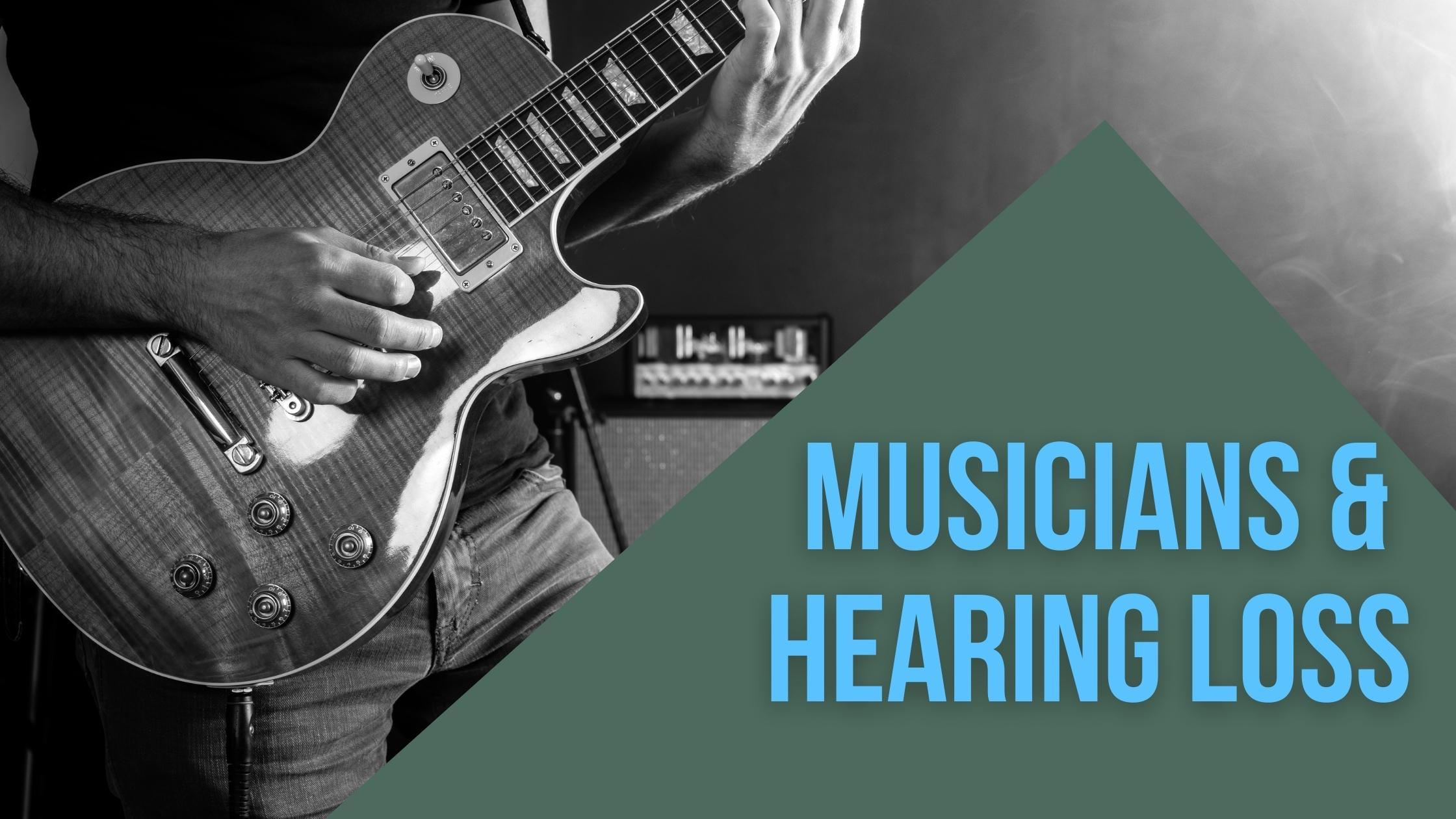
- Common Fears About Hearing Tests - May 28, 2025
- Best Hearing Aids for Active Lifestyles - May 16, 2025
- A Guide to Different Hearing Aid Styles - May 6, 2025
When it comes to hearing, those who rely most on this ability are often those most at risk of losing it. Unlike some of the other senses, hearing is quite sensitive to the amount of exposure. Whether that exposure comes in terms of the loudness of sound, measured in decibels, or the duration of sound, measured in time, our hearing ability is not an infinite resource.
Musicians are some of these people who rely on hearing ability to do their work and to creatively engage with the world. And yet, this exposure to sound over a long period of time can put musicians at the highest risk of hearing loss. Let’s take a look at this special group to better understand the risks they face, as well as the protective measures that can be put in place to preserve hearing ability as long as possible.
Which musicians are at risk?
As we know, the most common form of hearing loss occurs through a combination of loudness and duration. You might expect that musicians who play dance, rap, or rock music on a big stage might have the highest risk of hearing loss. Indeed, these musicians are at high risk. When they perform and rehearse with such high decibel levels of sound, it might not take long for them to incur damage to the fragile organelles of the inner ear called stereocilia.
However, these musicians who play very loud music are not alone. Those who play relatively quieter music, such as jazz or classical, are also at a high risk of hearing loss. How can that be? After hours of rehearsing alone and in ensembles, as well as performing, these musicians might have a long duration of exposure. Particularly those who play instruments that require hours and hours of solo practice to achieve mastery are at risk of losing hearing ability. This reality is compounded by the proximity of many of these instruments to the ear, as well as the focused frequency range of sound that constantly inundated the ears.
How can musicians protect themselves?
With this high risk of hearing loss, how can musicians protect themselves from hearing damage through sound and noise exposure? Just as the process of noise-induced hearing loss occurs through loudness and duration of exposure, two forms of protection are necessary. In the first place, a musician must put earplugs in place to lower the decibel level of sound. Even the basic disposable foam earplugs that you can buy in bulk are known to reduce the volume of noise by 10 to 15 decibels.
This reduction might be enough to bring the sound back within the safe range. If these earplugs are insufficient for the level of noise a musician creates, more advanced forms of protection are available. One of the most beneficial innovations in hearing protection comes in the form of custom-fitted earmolds. These devices fit perfectly into the curvature of the outer ear, creating a snug fit with the ear canal. Not only do these devices offer a high level of protection, but they can also be tailored to keep out unwanted frequencies while allowing others to enter the ear. This customizability is particularly useful for musicians who still need to hear the sounds of their own instruments and others’ while needing to keep very loud sounds out.
The second form of protection comes through reducing the time of exposure. Some musicians will feel that they don’t have the luxury of limiting exposure to sound, but a few helpful tips can make the difference. Taking regular “ear breaks” is a good way to pace your rehearsals, giving your ears a periodic rest. Limiting the use of high-level recreational sound through earbuds and headphones is another important way to limit the impact of sound on the ears.
Although musicians might not be able to cut a concert short to protect their hearing, they can avoid wearing earbuds on the trip home from a gig. Keeping these protective measures in mind can make the difference for many musicians between feeling an early impact of hearing loss and preserving hearing ability long into your career. Don’t put off protection until it’s too late!
